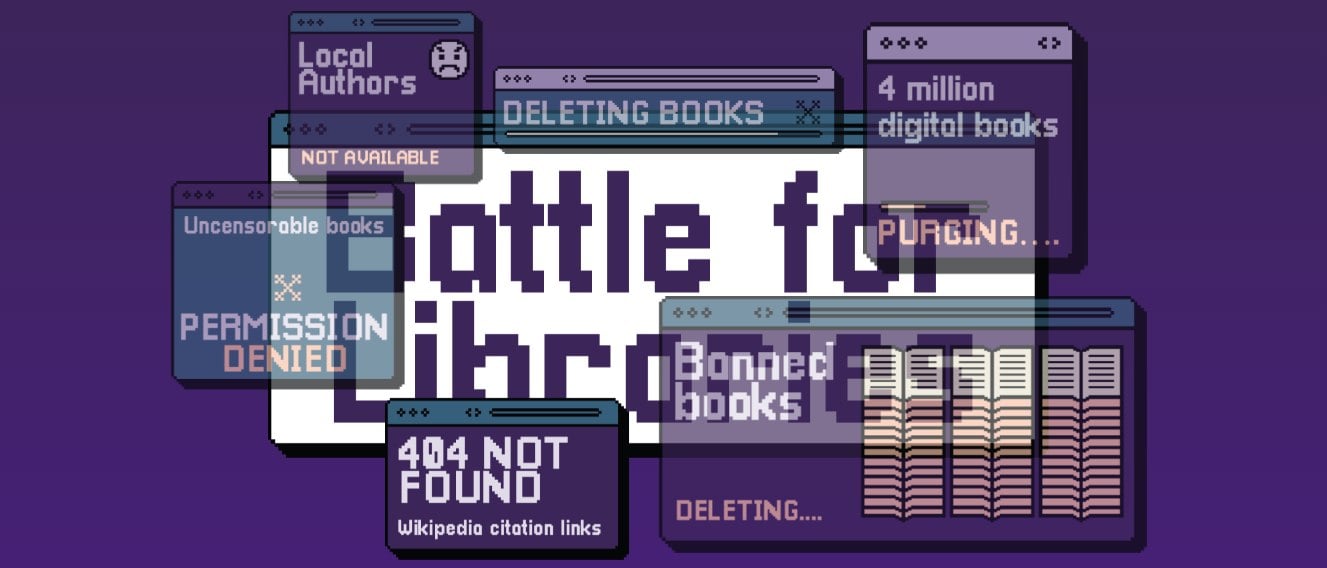

I agree that most websites don’t load without JavaScript, but you don’t need seven or more different domains with java allowed for the main site to work. Most sites have their own, plus six google domains, including tag manager, Facebook, etc. I whitelist the website and leave the analytics and tracking domains off.





Clonezilla runs lots of tasks after (and before)
ddthat are in the log file(s) on the live environment before you reboot. I haven’t used it in a while, but I’m confident that one of the tasks is updating grub